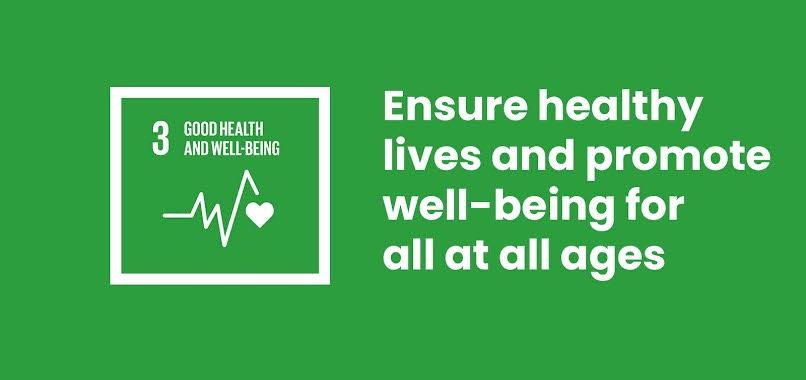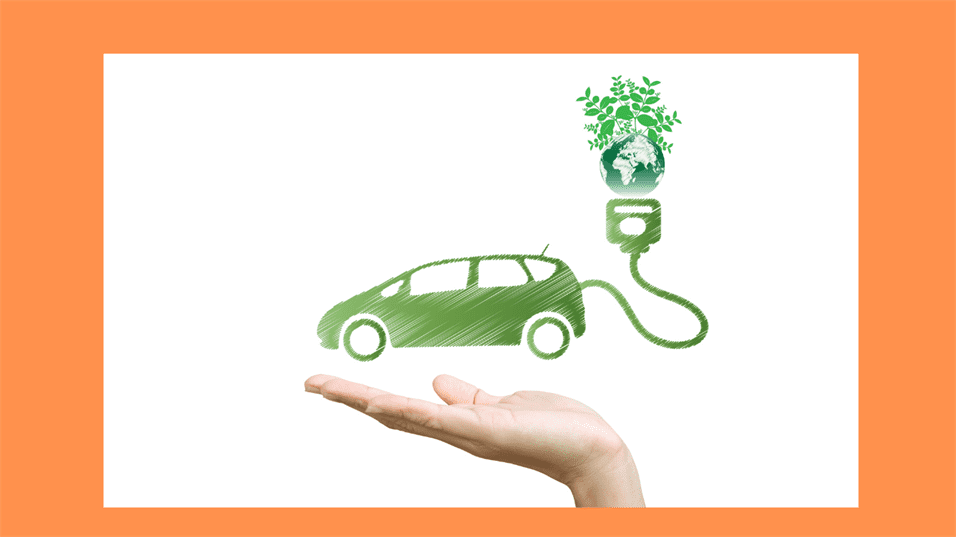No development of nations is possible without the good health of its people. SDG goal 3, Good Health and Well-Being aim to ensure healthy lives and promote well-being for all, at all ages. Health and well-being are important at every stage of one’s life, starting from the beginning till the end. This goal addresses all major health priorities: reproductive, maternal, newborn, child, and adolescent health, communicable and non-communicable diseases; universal health coverage; and access for all to safe, effective, quality, and affordable medicines and vaccines.
Goal 3 not only aims to reduce major epidemics of communicable and non-communicable diseases, but it also focuses on fighting behavioral health risks such as alcohol and tobacco addiction, and environmental issues like air and water pollution, as well as traffic accidents. After all, without assuring good health we can not assure social, financial, and environmental development. SDG 3 aims to prevent needless suffering from preventable diseases and premature death by focusing on key targets such as zero hunger, sufficient and nutritious food, and sanitation that boost the health of a country’s overall population by 2030. It also calls for deeper investments in research and development, health financing and health risk reduction and management.
The pandemic Covid 19 has severely disrupted essential health services. It continues to spread human suffering. As of mid-2022, COVID-19 had infected more than 500 million people worldwide. Not only that it triggered an increase in the prevalence of mental health like anxiety and depression, lowered global life expectancy by affecting the immune system, derailed progress towards ending HIV, tuberculosis (TB), and malaria, and slowed down two decades of work towards making health coverage universal.
Have we made any Progress?
The goal is challenging because it addresses broad and cross-cutting issues. More than avoiding diseases, health implies providing mental and physical health care awareness, a balanced diet and adequate medical care, eradicating poverty, encouraging physical exercise, and ensuring pollution-free environments. Directly related to the other 2030 Agenda Objectives, such as the end of Poverty and the Zero Hunger, SDG 3 is a proof that urban changes will only be truly transformative when used in an integrated and common way. But the question is What progress have we made so far? Progress in many health areas, such as in taking control over epidemics, reducing maternal and child mortality, increasing coverage of immunization and vaccination, and reducing some infectious diseases, continues, but the rate of improvement has slowed down, especially during COVID-19 which is overwhelming and pushed the progress in the health systems almost one decade behind globally and threatens health outcomes already almost achieved.
What Helps in Achieving the Goal:
How can we achieve the goal? Ensuring healthy lives for all is hard nut to crack and it requires a strong commitment, but the benefits outweigh the cost. Healthy people are the foundation for healthy economies. Immunization is one of the world’s most successful and cost-effective health interventions. Polio is the best example for this. It has almost vanished from India.Vaccination coverage among infants increased from 72 percent in 2000 to 86 percent in 2018.
How Can I Help in Achieving the Goal:
You can start from your family, community and society by promoting and protecting your own health and the health of those around you, by adopting healthy life style, keeping your surrounding clean, well – informed choices, practicing safe sex to reducing the risk of sexually transmitted diseases and vaccinating your children, taking care about food and nutrition of expecting mothers. You can raise awareness in your community about the importance of good health, healthy lifestyles as well as people’s right to quality health care services. You can also hold your local healthcare government bodies, local leaders and other decision makers accountable to their commitments to improve people’s access to health and healthcare. Small steps can bring big changes.
While it may seem like many health problems around the world like disease, epidemics or insufficient maternal and child care are being tackled, new problems arise. A notable amount of people are struggling with obesity, drug and alcohol abuse, stress, mental health issues, and not to mention the prominent road traffic fatalities. Even though improving overall health and well-being of people around the world would certainly require a big scale propaganda and better funding from the government, innovative and effective soft measures carried out by dedicated people show that well-thought-out initiatives can surely make a difference.




 Each title in our collection is more than just a book - it’s a ‘green gift’, promoting mindful reading, sustainable values, and a culture of eco-conscious living. By gifting books, you open doors to new ideas, support lifelong learning, and nurture a more informed, compassionate, and environmentally aware individual.
Each title in our collection is more than just a book - it’s a ‘green gift’, promoting mindful reading, sustainable values, and a culture of eco-conscious living. By gifting books, you open doors to new ideas, support lifelong learning, and nurture a more informed, compassionate, and environmentally aware individual.